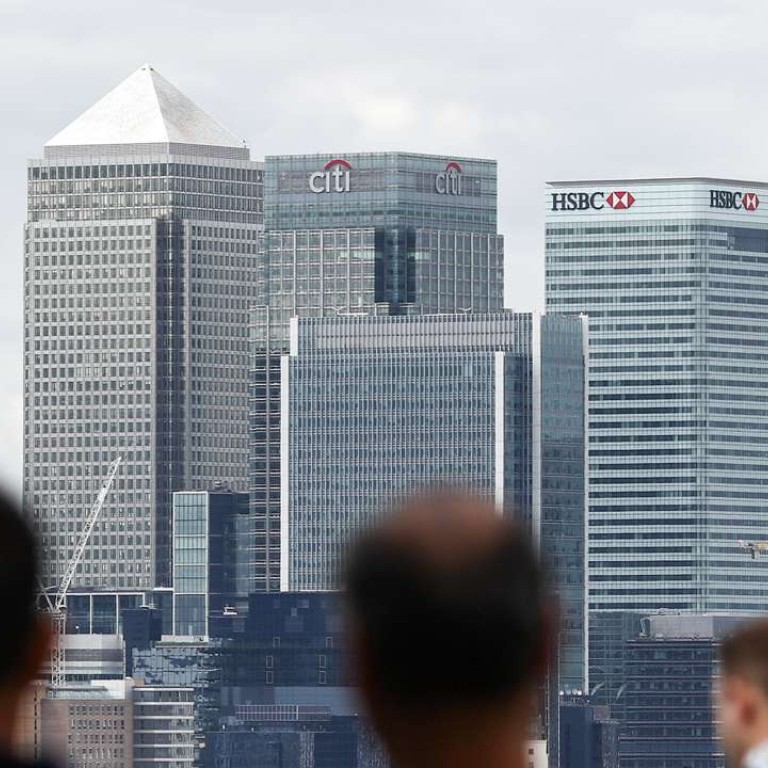
London’s property market proving resilient to Brexit fallout
Swift appointment of a new British PM helped calm nerves, says Henderson Global Investors’ Guy Barnard
Despite the ongoing volatility brought about by Britain’s decision to leave the EU, London’s property market may prove more resilient than many previously expected, particularly after the swift appointment of a new prime minister.
“The international capital is now looking at the UK…Much of the uncertainty has been reflected in the weak sterling,” Guy Barnard, co-head of global property equities at Henderson Global Investors said on Tuesday in Hong Kong.
“Transactions are still taking place [in the property market]. It’s not like back in 2008 when very few deals were happening, ”Barnard said.
“We are not going to see the significant correction seen in 2007 and 2008.”
Transactions are still taking place. It’s not like back in 2008 when very few deals were happening. We are not going to see the significant correction seen in 2007 and 2008
Henderson Global was one of the firms that suspended trading in its British property fund after the Brexit vote. But Barnard said his fund managers still viewed some British property stocks as juicy picks.
He conceded, however, that more suspensions of UK real estate funds going forward could be possible, with the volatily still scaring some investors.
The swift appointment of new prime minister Theresa May, he added, could bring good news to the housing market as she was likely to allow higher budget deficits that her predecessor David Cameron, who pursued sharp austerity plans during his term in office.
“Brexit is seen principally as a political issue rather than a financial crisis,”Barnard said.
His remarks came after the latest basket of data since the EU referendum vote painted a slightly rosier-than-expected picture of Britain’s property market in the short term.
Average British house prices in the four weeks to July 9 slipped 0.9 per cent from a month earlier, a fall slightly bigger than the reading recorded over the past six years, according to a new report issued by British property portal Rightmove.

“While confidence has been unsettled, the governmental instability in the few days after the referendum now seems to be being addressed far quicker than originally imagined,” said Rightmove’s director Miles Shipside.
“As long as lenders keep mortgage deals attractive and available, the underlying demand for home ownership should overcome most uncertainties.”
Gameriel Shen, director of international with Homelink, the mainland Chinese real estate agent, also said Brexit may be beneficial in the sense it could lower the overinflated prices in some parts of London.
“Some dust is settling, and the British people are sitting down with the EU to sort things out,” said Shen.
He added some of his clients had bought homes in Britain right after the Brexit fallout, hoping to “generate more investment yield” from a property rather than from bank savings in this ultra low interest rate environment, especially as the pound headed south, “suddenly turning many houses into bargains”.
“But others also chose to sit on the sidelines or shift their interest elsewhere,” Shen said.
The London-based Royal Institute of Chartered Surveyors, which trains and accredits real estate surveyors, revealed last week that its members reported a marked drop in activity in the housing market, with more lukewarm demand, a decline in the number of houses for sale, and a slowdown in price growth.

